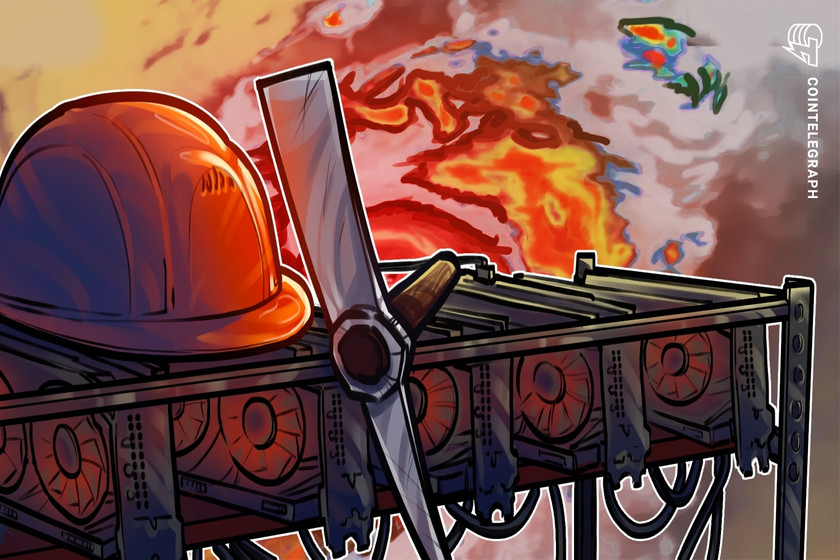Argo Blockchain accused of misleading investors in class-action lawsuit


After a torrid 2022 that saw it sell off its flagship mining facility, Argo Blockchain’s woes are worsening after a recent class-action suit.
Investors of crypto mining firm Argo Blockchain have filed a class-action lawsuit accusing the miner of making untrue statements and omitting key information during its initial public offering (IPO) in 2021.
A newly filed lawsuit on Jan. 26 is aimed at Argo and several of its executives and board members. It claims the firm failed to disclose how susceptible it was to capital constraints, electricity costs and network difficulties.
“The offering documents were negligently prepared and, as a result, contained untrue statements of material fact or omitted to state other facts necessary to make the statements made not misleading,” the lawsuit read.
As a result, the investors claim the business was “less sustainable” than they had been led to believe, which led to an overstatement of the miner’s financial prospects. The complaint noted:
“Had [the investors] known the truth, they would not have purchased or otherwise acquired said securities, or would not have purchased or otherwise acquired them at the inflated prices that were paid.”
Argo released the information in question on Sep. 23, 2021, when the firm filed documents with the United States Securities and Exchange Commission (SEC) relating to its IPO.
7.5 million shares were issued to the public on the same date at an offering price of $15, resulting in proceeds of $105 million before expenses.
Since then, the miner’s share price has taken a beating and is currently trading at $1.96 per share after falling as low as $0.36.


Cointelegraph requested comment from Argo but did not immediately receive a response.
Related: Bitcoin hash rate taps new milestone with miner hodling at 1-year low
The recent lawsuit comes just days after Argo regained compliance with Nasdaq’s listing rule on Jan. 23, which requires a company to maintain a minimum closing bid price of $1 for 10 consecutive trading days.
Argo has had to make some difficult decisions to weather the ongoing bear market and tough conditions facing crypto miners. On Dec. 28, 2022, it announced that it would sell its flagship mining facility, Helios, to digital asset investment manager Galaxy Digital, for $65 million.


Crypto miners, in general, had a torrid year in 2022, with high electricity prices, falling crypto prices and increased mining difficulty all eating into their bottom line.











